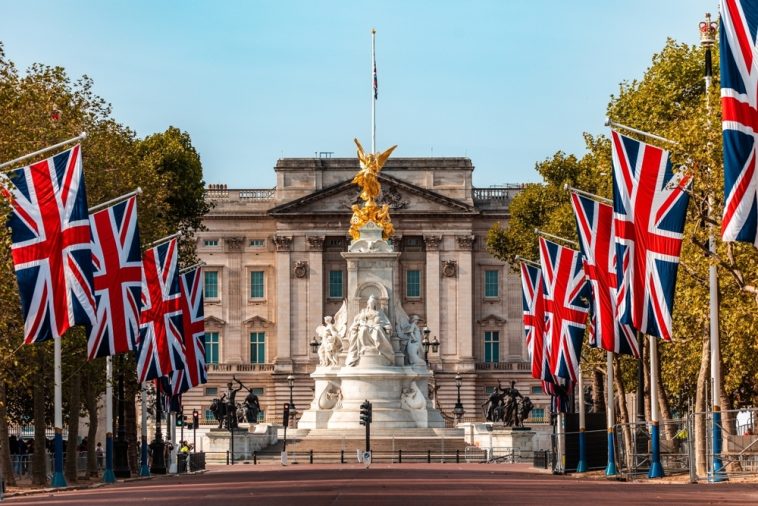Introduction.
Planning for retirement can feel overwhelming, especially when there’s so much information flying around.
But figuring out how much you need to retire in the UK doesn’t have to be complicated. It’s about understanding your future needs, where you see yourself living, and the lifestyle you want when you’re no longer working.
This guide will break everything down, from the costs you might face to helpful tools you can use to calculate what you’ll need.
Let’s dive in and make retirement planning clear and manageable.
How Much Will You Spend in Retirement?
The first thing to think about is what you’ll spend in retirement. Retirement costs differ from person to person. Someone planning to travel the world will need more than someone who’s happy staying close to home.
To help, there are some general figures we can use. According to the Pensions and Lifetime Savings Association (PLSA), here’s what retirees typically need for annual expenses:
- Minimum lifestyle: Around £12,800 for a single person and £19,900 for a couple. This covers basic needs like food, utilities, and public transport.
- Moderate lifestyle: About £23,300 for a single person and £34,000 for a couple. This includes some luxuries like eating out occasionally, owning a car, and taking one UK holiday a year.
- Comfortable lifestyle: Roughly £37,300 for a single person and £54,500 for a couple. This level means more international holidays, a higher-quality car, and financial flexibility for leisure activities.
These numbers aren’t one-size-fits-all, but they give a rough idea of what to aim for based on your goals.
What Sources of Income Will You Have?
In the UK, most people rely on a mix of the State Pension and personal savings or workplace pensions. Let’s look at these options.
1. State Pension
The State Pension is a regular payment from the government once you reach State Pension age.
To get the full new State Pension, which is currently £203.85 per week (2023-2024), you need 35 qualifying years of National Insurance contributions.
For many, the State Pension won’t cover all their needs, but it’s a good base.
2. Workplace and Personal Pensions
Most people also have either a workplace pension (automatically set up by employers) or a personal pension.
These are savings pots where your money grows over time, helped by contributions from you and, often, your employer.
The earlier you start saving into a pension, the more time your money has to grow thanks to compound interest.
For example, saving just £100 per month starting at 25 could grow into a much larger pot than starting at 40, even if you save more later.
How to Work Out What You’ll Need
To figure out how much you need to save, ask yourself a few questions:
- What’s my ideal retirement age?
- What lifestyle do I want? Basic, moderate, or comfortable?
- Do I have big goals like travel or helping family financially?
- How long might I live? (This might sound grim, but planning for 20-30 years in retirement is common.)
A Simple Calculation
A popular rule of thumb is the 25x rule. It suggests saving 25 times your desired annual retirement spending. For instance, if you plan to spend £30,000 per year, you’d need £750,000 saved.
This rule assumes a withdrawal rate of 4% per year from your retirement savings, which many experts believe is sustainable for 30 years.
What If You’re Starting Late?
Don’t panic if you’re behind on saving. It’s never too late to improve your retirement plan. A few steps you can take:
- Contribute more to your pension: Even small increases can add up over time.
- Delay retirement: Working a few extra years can mean more savings and a higher State Pension.
- Cut unnecessary expenses now: Freeing up more money for savings can make a big difference.
FAQs
1. How much does the average person in the UK need to retire?
It varies, but many aim for savings between £300,000 and £500,000, depending on their lifestyle goals.
2. Can I rely on the State Pension alone?
It’s unlikely, as the full State Pension is currently £10,600 a year. This might not be enough for most people’s needs.
3. What if I don’t own my home?
If you’re renting, your retirement expenses may be higher, so factor rent or mortgage payments into your plan.
Tools to Help
- Retirement Calculators: Tools like those from the MoneyHelper website can give you an idea of how much you need to save.
- Pension Providers: Most workplace and personal pensions offer online tools to track your progress.
- Financial Advice: Speaking with a financial advisor can help tailor a plan to your situation.
Conclusion
Thinking about retirement might seem daunting at first, but with the right plan, it becomes manageable—and even exciting.
Knowing how much you’ll need to retire in the UK depends on the life you want, your current savings, and your sources of income. Start small if you have to; the most important thing is to start.
What kind of retirement do you see for yourself, and what’s the first step you’ll take today to make it happen?





GIPHY App Key not set. Please check settings